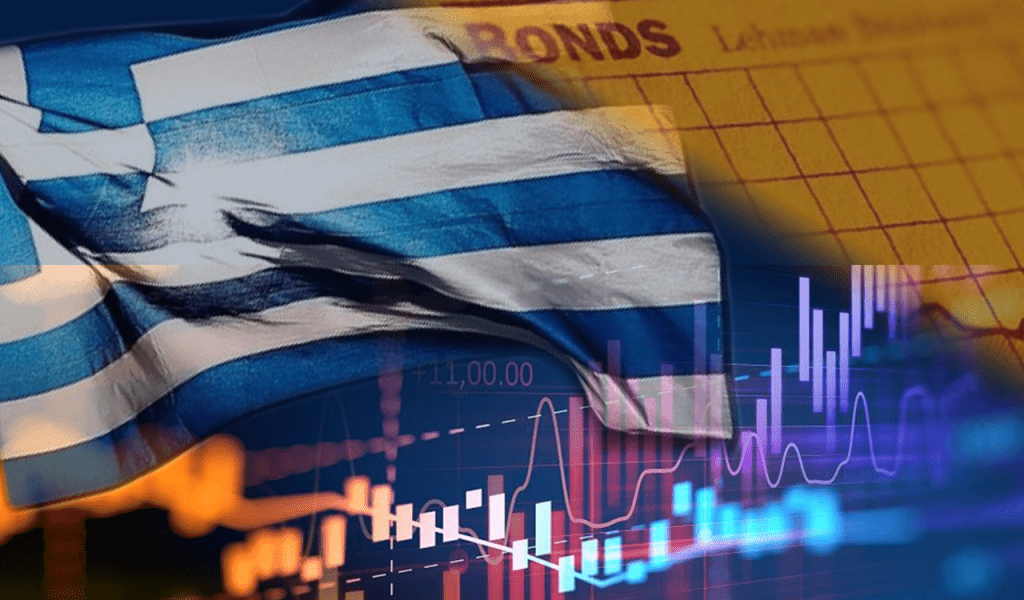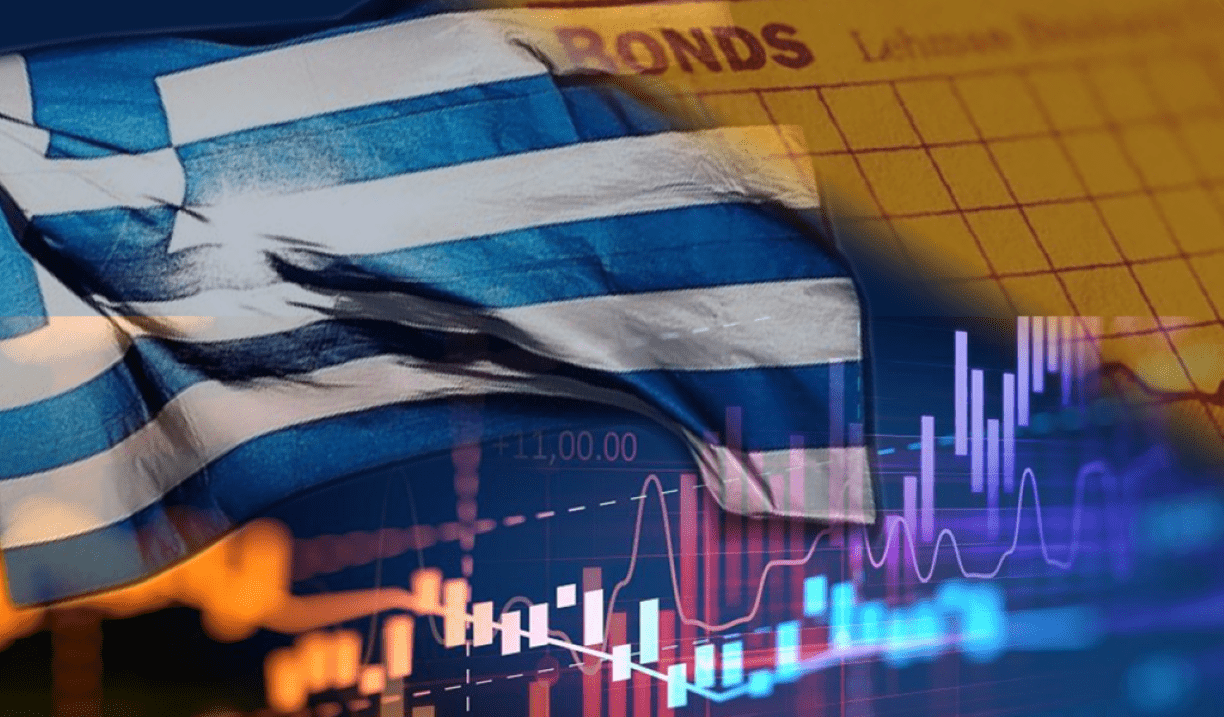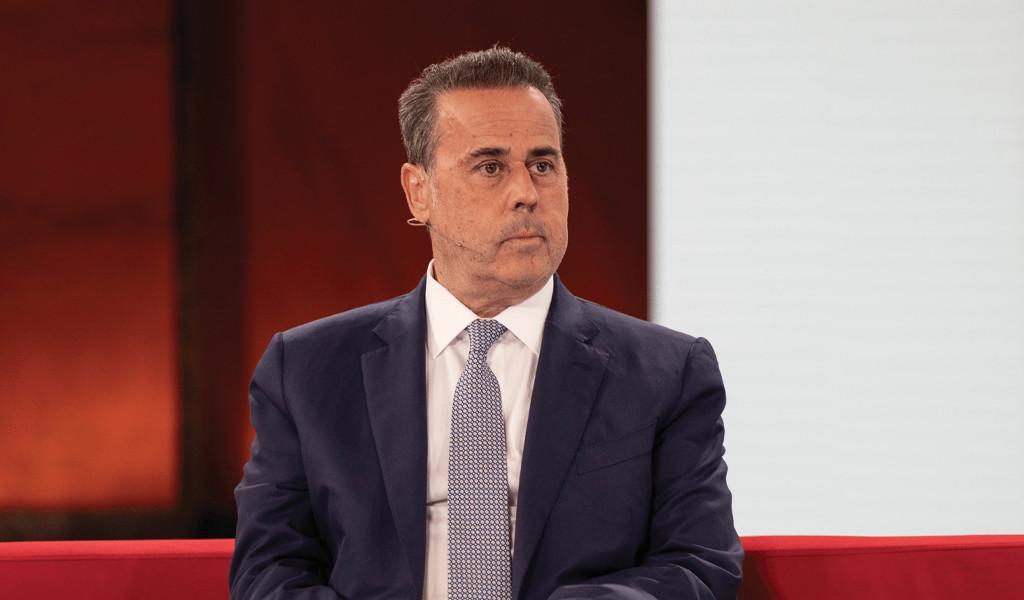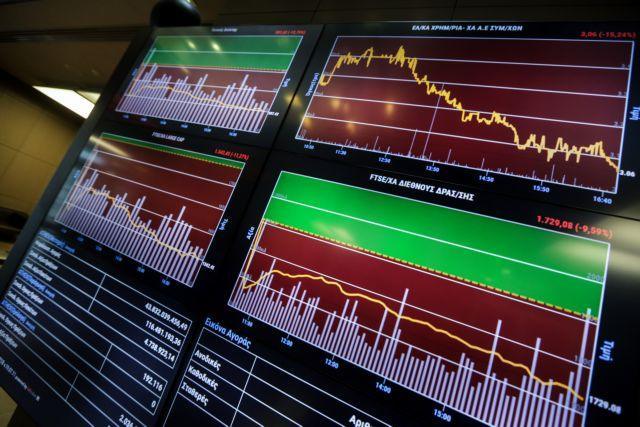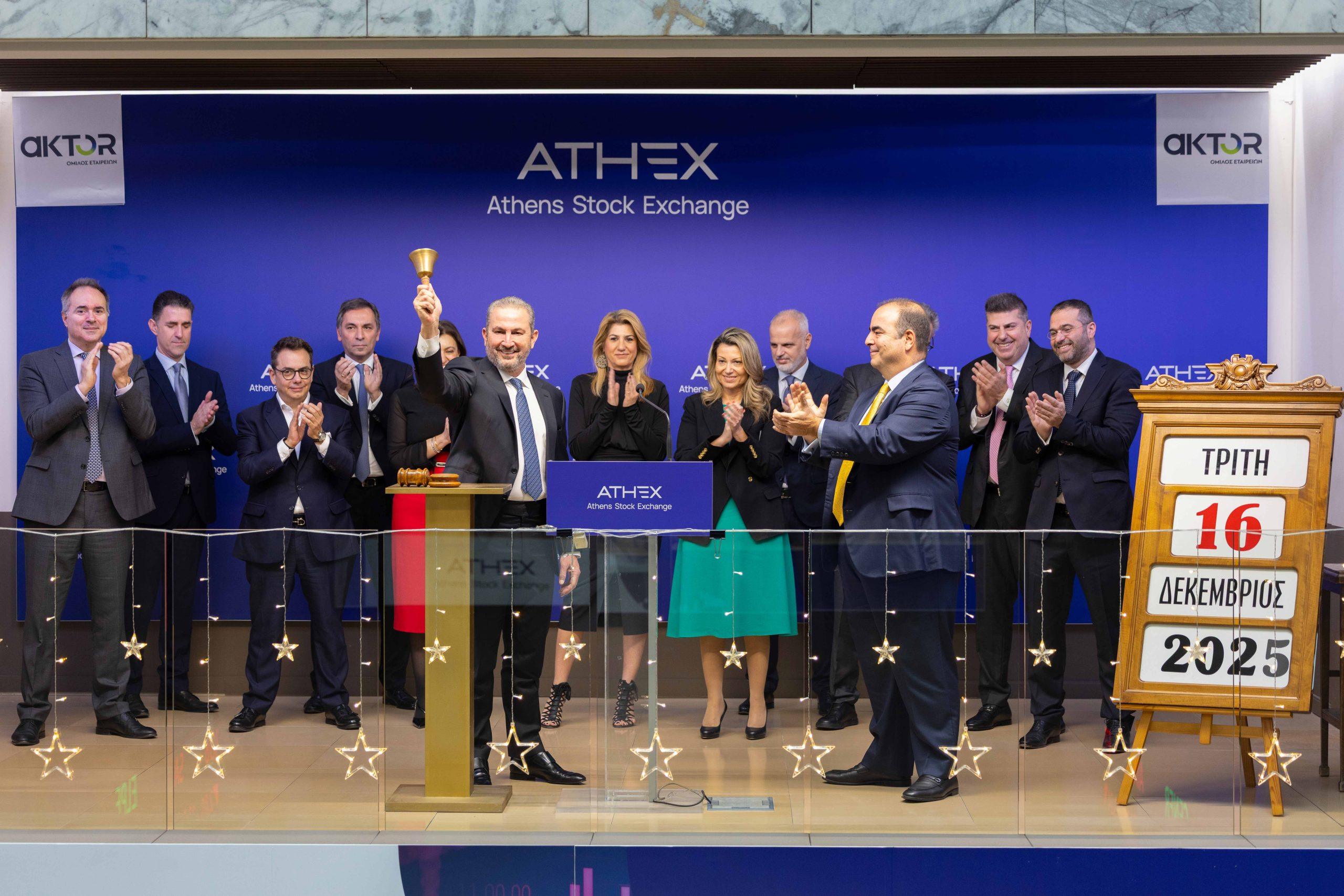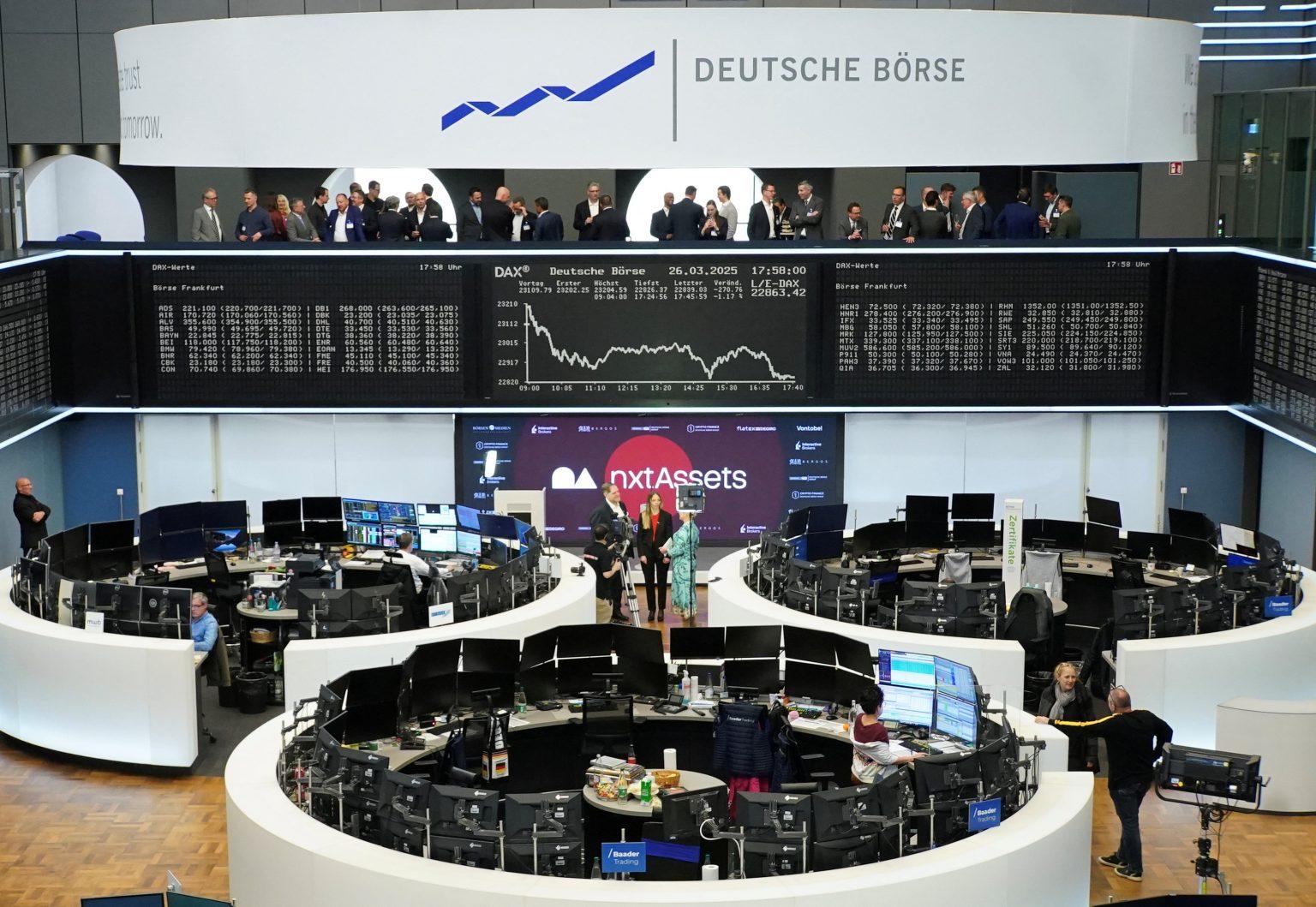The Greek economy is faced with major challenges ahead, especially due to the economically unstable international environment, with the country’s economy directly impacted by the war unfolding in the Middle East.
Major issues that are expected to intensify if not addressed, include the high current account deficit, the substantial investment gap, low productivity, and the question of long-term growth. Issues, that the IMF’s recent reports and the Foundation for Economic and Industrial Research (IOBE) have closely linked to the trajectory of Greece’s economy, with the President of the Hellenic Federation of Enterprises (SEV) also highlighting these points as critical.
Despite the Greek economy growing well above the average Eurozone rate, concerns remain regarding the medium-term outlook, particularly after the recourses from the Recovery and Resilience Facility are exhausted.
In the same sentiment IOBE’s director emphasizes the risks linked to the low productive investments and the high trade deficit, also pointing out the role of high inflation in improving the country’s fiscal indicators.
Referring to recent quarterly investment data the director noted that although overall investment is up by more than 29%, fixed investments are only 4%, with the remaining increase represented by inventories.
What is more, he also expressed concerns about the current account deficit, explaining that it has been impacted by the pandemic and further strained by rising energy prices.
Regarding the medium term, the Greek economy is expected to come up against critical challenges unless there is a more dynamic increase in productive investment, a rebalancing of the external account — potentially through export growth and increased domestic savings — and a commitment to maintaining fiscal stability.
IOBE’s analysis indicates that it is imperative for the Greek economy to adapt to major international trends in consumption, investment, and global trade. While consumption resilience has been a global trend, this is gradually weakening.
According to the Draghi report there is a need to boost investment across European economies, with an emphasis on cutting-edge technologies. Moreover, the interconnectedness of global trade has increased the interdependence of economies.
Thus, a priority for Greece’s economy is to specialize in high-value and innovative production sectors and become more resilient to future international disruptions.
Source: tovima.com
















